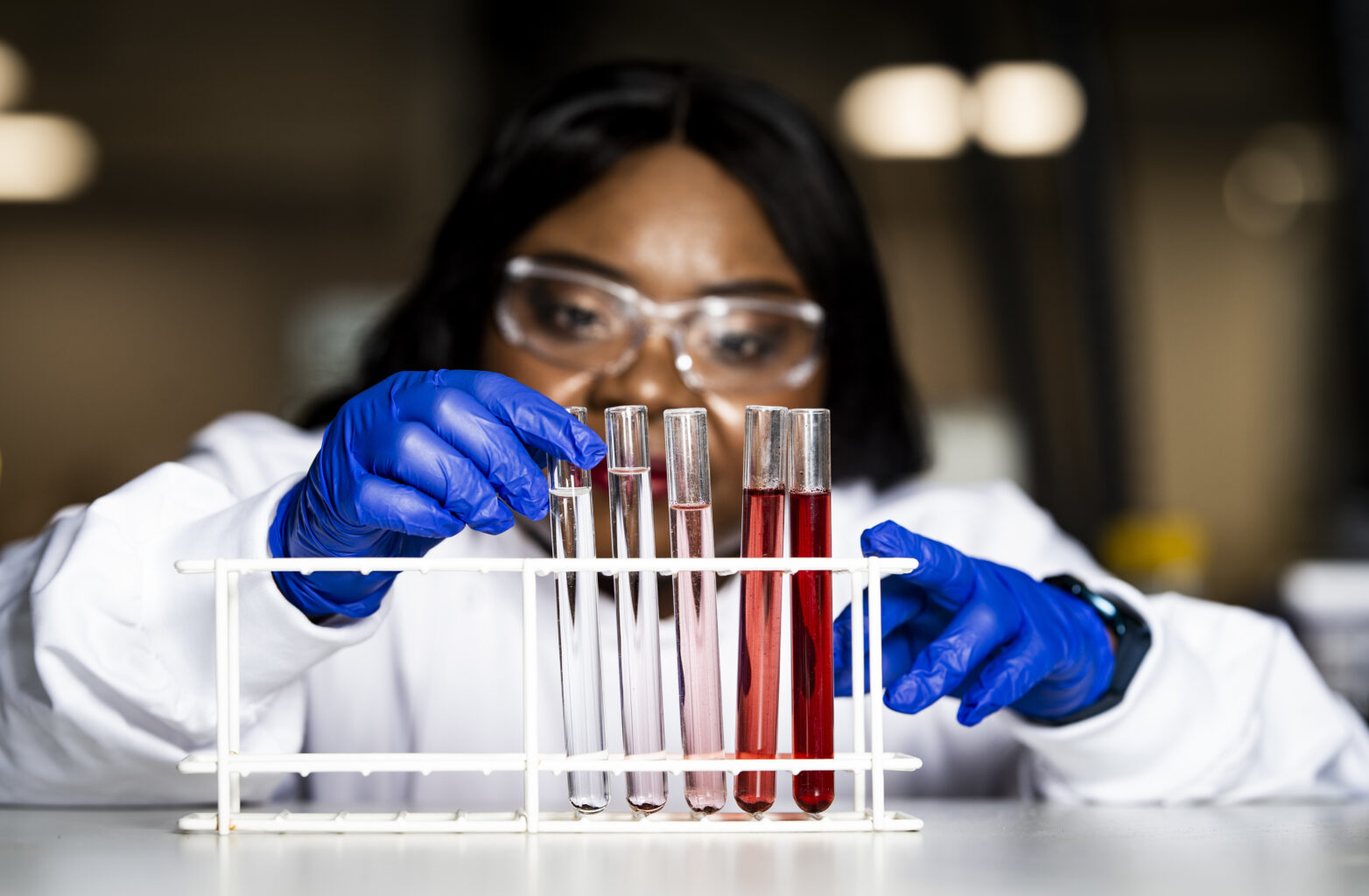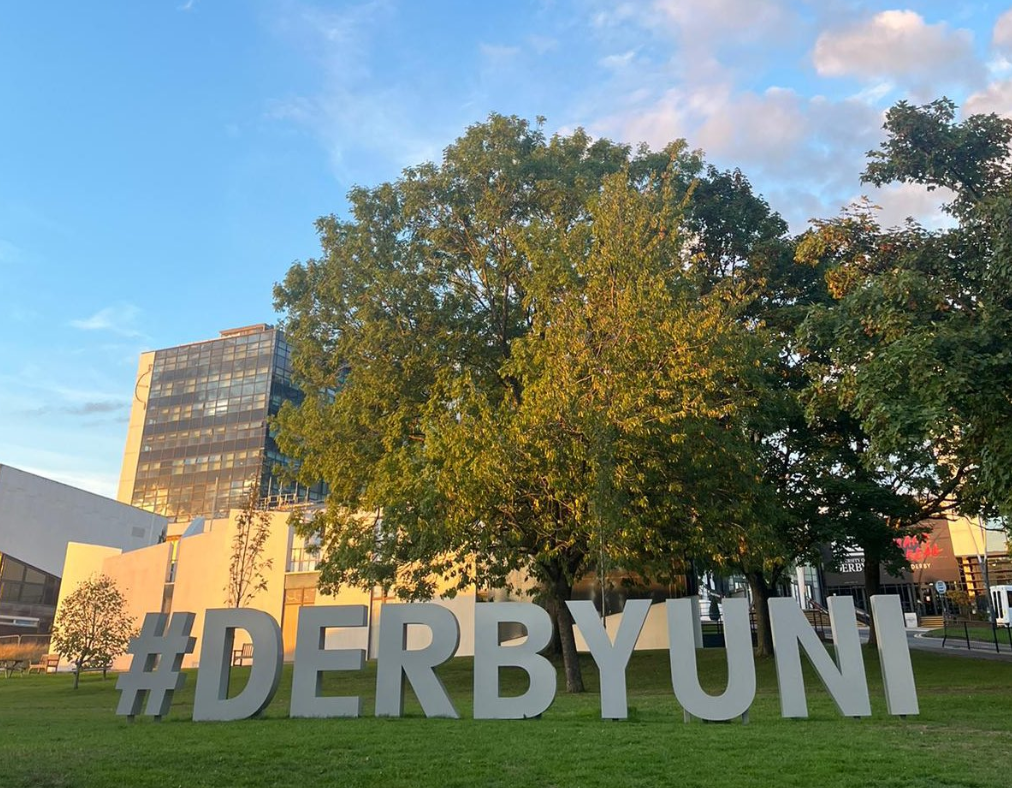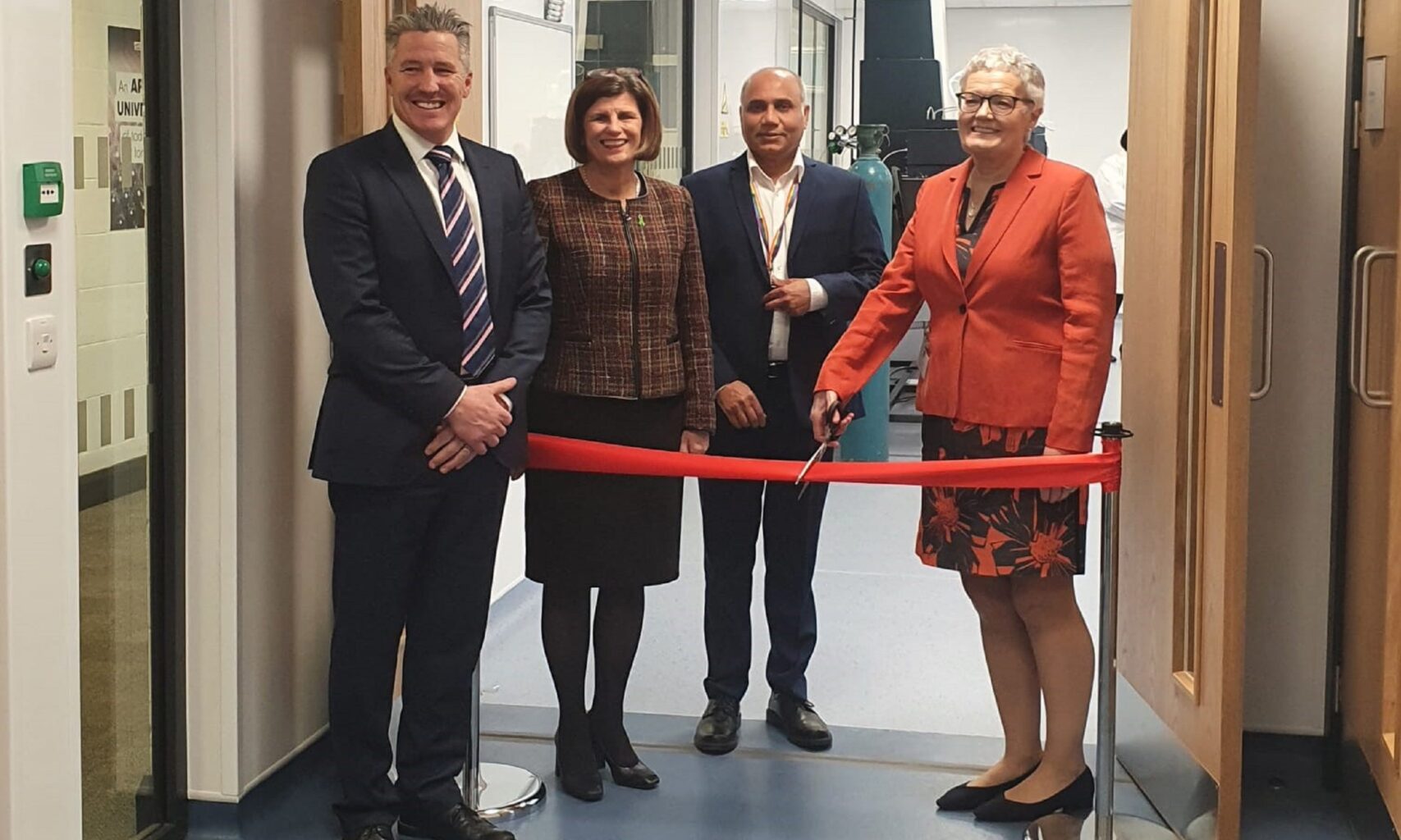Latest News | 24 January 2023
University awarded £5.8m to create new ‘super lab’

The University of Derby is celebrating after being awarded £5.8 million to develop a new ‘super lab’ to teach biomedical science.
The university has received the cash from the Office for Students to develop the Biomedical Science Super Lab at its Kedleston Road campus.
The new lab will provide an innovative, interdisciplinary teaching facility, focusing on core elements of biomedical science, including haematology, immunology, histopathology, molecular biology, genetics and cell/tissue culture.
Professor Kathryn Mitchell, vice-chancellor of the University of Derby, said: “We are delighted to have secured OfS capital funding for the university, especially as it highlights excellent cross-institutional working.
“As an applied university, it is imperative that our students have the opportunity to gain practical skills through high quality learning and teaching in industry-standard, cutting edge facilities.”

The funding comes from the OfS, which has allocated £432 million in capital funding to support investment in new buildings, facilities and equipment for universities and colleges across England.
Successful capital bids demonstrated value for money, effective project management and environmental sustainability.
Funding through the competitive bidding process has been provided to 100 universities, colleges and other higher education providers.
Of these, 47 were awarded the maximum amount of £5.8 million per provider, with the University of Derby being one of them.

The new facility, which is anticipated to open by September 2025, builds on the university’s £1.75 million Facility for Omics Research in Metabolism (FORM) laboratory.
Opened in March last year, it focuses on diet and medication through the combination of biomedical and data science expertise.
Prof Mitchell said: “The new Super Lab aligns with the university’s Strategic Framework by ensuring our students develop the skills employers require, thereby enhancing graduate employability and contributing to the economic growth of our region and the wider skills agenda.

“Biomedical science is one of the university’s six key academic themes, so this funding will enable us to further develop and grow in this area.”


